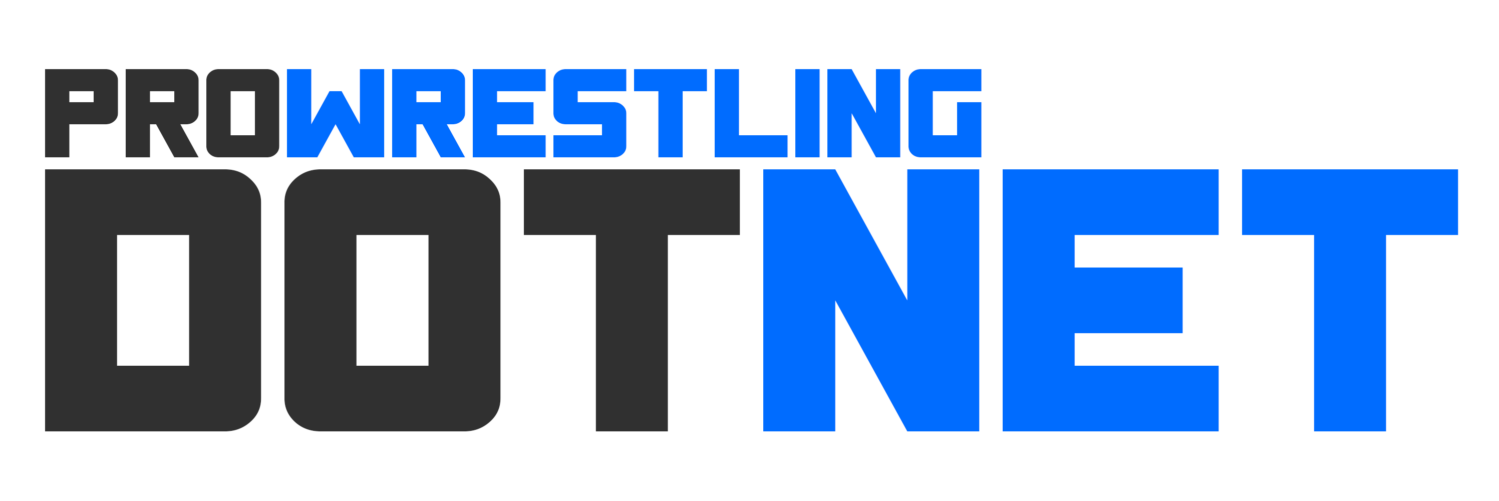By Will Pruett, ProWrestling.net Senior Staffer (@itswilltime)
There are moments, when watching wrestling today, where I wonder how we got here. When WWE Raw starts with a 20 minute promo or the latest faction takes over a show, I question modern American professional wrestling and how its established tropes became established. More than any other book about change in the wrestling business, Nitro attempts to take you inside the minds of the creative players, the wrestlers, and the network executives that conspired to create modern professional wrestling.
Perhaps this seems like hyperbole. After all, WCW Monday Nitro only existed from September 1995 to March 2001. In just over five years, how could this show have impacted wrestling for the last twenty?
Let’s look at the current excesses of modern professional wrestling. First off, we have the “more is more” mentality of WWE. With three hours of Raw on Mondays, two hours of Smackdown on Tuesdays, three hours of in-ring programming Wednesdays on WWE Network, and a monthly pay-per-view (or two on big-four weekends), there is a glut of WWE programming. In Nitro one of the biggest turning points from rise to fall is WCW’s forced addition of Thunder on Thursday nights. Turner’s executives saw wrestling as successful and wanted more. Isn’t this why Raw is still three hours?
How about the zero sum game of professional wrestling where creating a successful show must include needless barbs at “the other guys.” Impact Wrestling constantly did this. All Elite Wrestling is picking this up a little more than I’m comfortable with. WCW could have comfortably existed as another wrestling product, but they viewed wrestling as us vs. them. At multiple points in the story of Nitro, I was shocked at how the goal of WCW was not telling great stories or producing compelling television, but defeating the competition. It shows a small-minded mentality during a moment when more people than ever were watching.
Wrestling has always featured soliloquies meant to sell major matches, but WCW pushed the limit of what was allowed and WWE responded in kind. Now we have countless in-ring promo segments and a bevy of backstage interview formats. Modern wrestling, with its slick production values, owes a lot to WCW producing a major show every Monday night.
Speaking of which, the idea of weekly wrestling television as important for more than selling pay-per-views comes from WCW. Eric Bischoff, in interviews with Guy Evans, mentions wanting his major stars in action every week, the importance of surprises, and his own list of ways to differentiate WCW from WWE. Almost every point Bischoff made about differentiation became the norm. He, as those around him, set forth a vision the industry followed.
This era saw the competition for talent become more intense. We also read about the fear wrestlers had about one of these brands disappearing. Marcus “Buff” Bagwell offers a compelling anecdote about wrestlers celebrating their major ratings victories while also discussing what leverage they have without another place to go. Competition makes for a healthy industry, but this competition created a vacuum no one has been able to fill since it disappeared.
Nitro: The Incredible Rise and Inevitable Collapse of Ted Turner’s WCW illustrates how the wrestling business took its last major step forward and many of the reasons it has been treading water for almost twenty years. Guy Evans writes with an obvious passion for professional wrestling and WCW itself. His research goes deeper into the inner workings of WCW and The Turner Organization than any reporter or book has. Evans put together an enjoyable compendium of WCW Monday Nitro’s history and you should absolutely go out of your way to read it.
Nitro: The Incredible Rise and Inevitable Collapse of Ted Turner’s WCWby Guy Evans is available at wcwnitrobook.comand from Amazon.
Will Pruett writes about wrestling and popular culture at prowrestling.net. Of interest to him are diversity in wrestling and wrestling as a theatrical art form. To see his video content subscribe to his YouTube channel. To contact, check him out on Twitter @itswilltime, leave a comment, or email him at itswilltime@gmail.com.










Be the first to comment